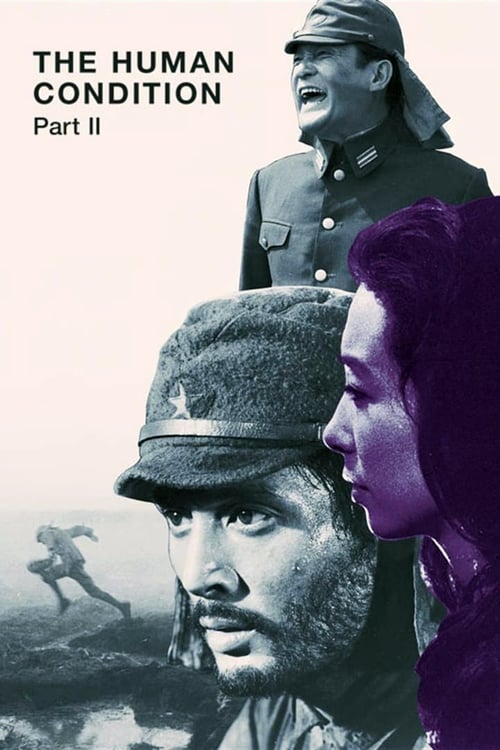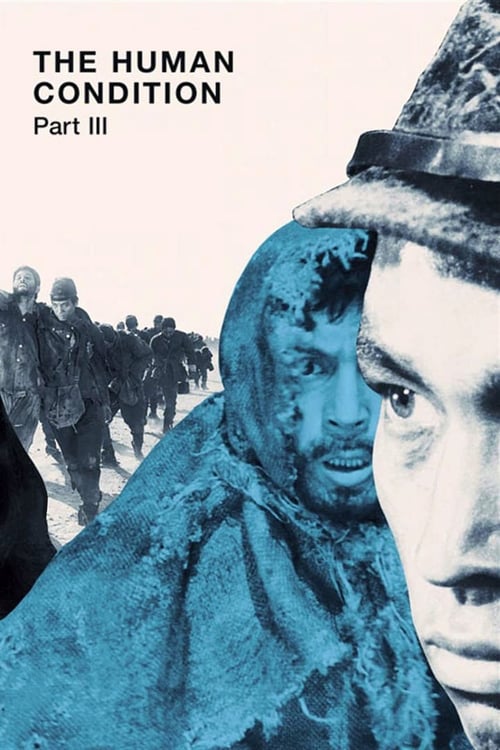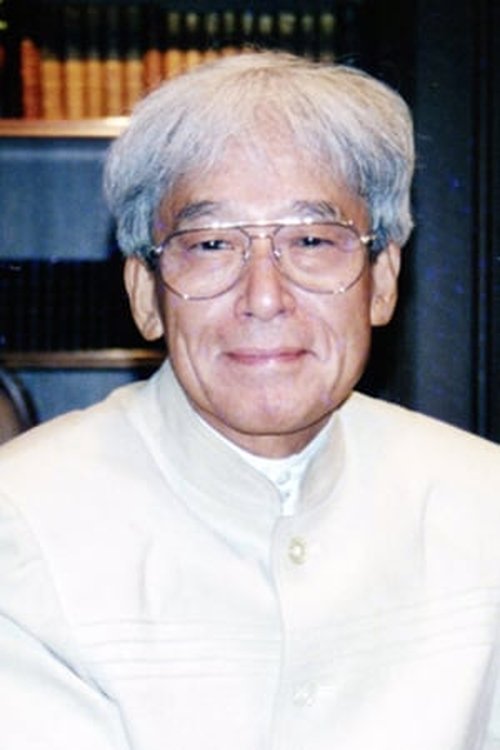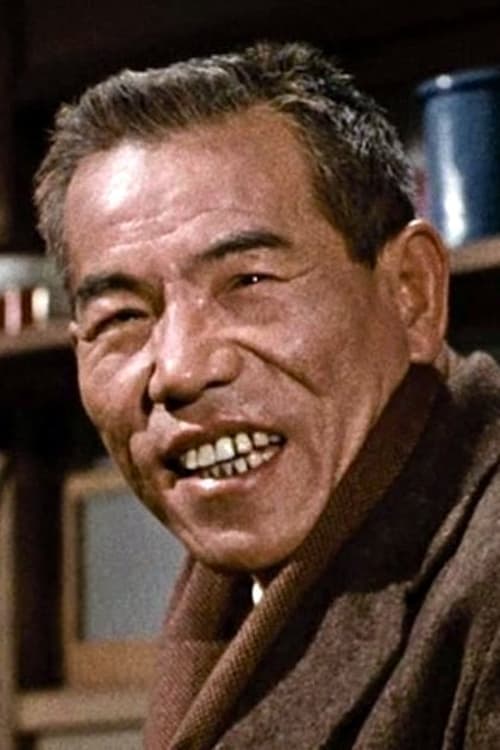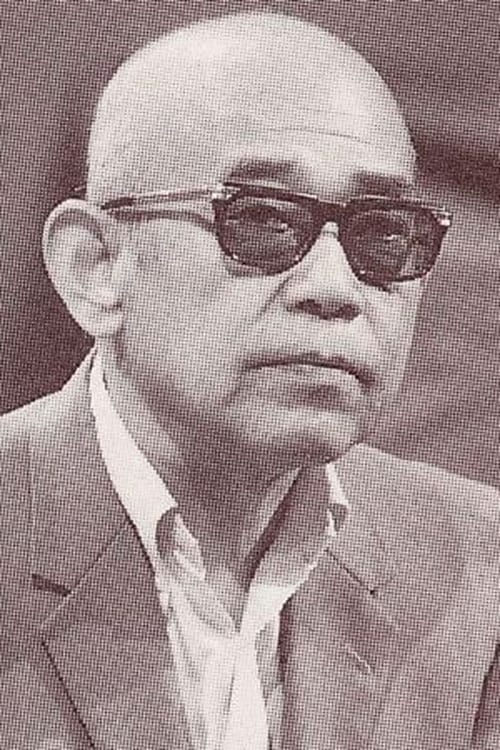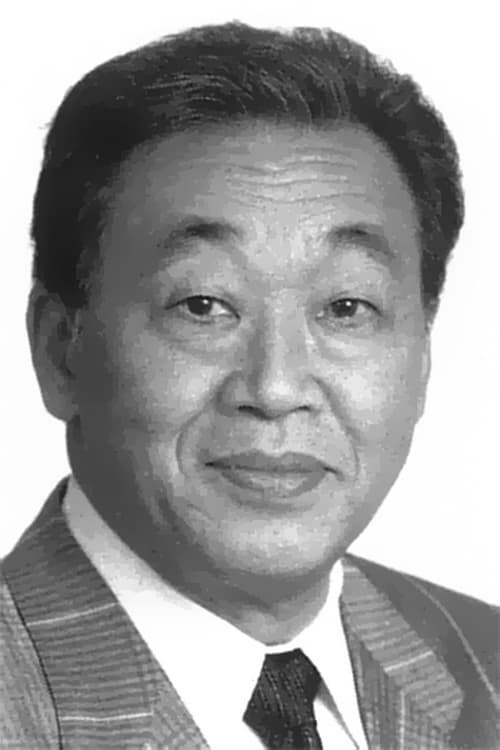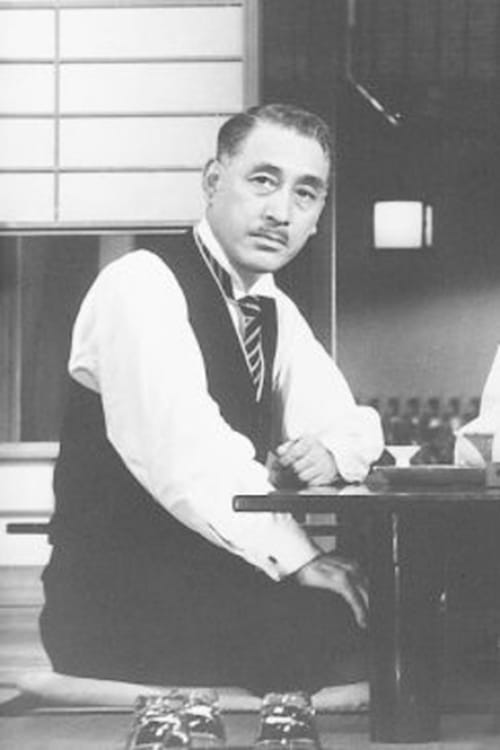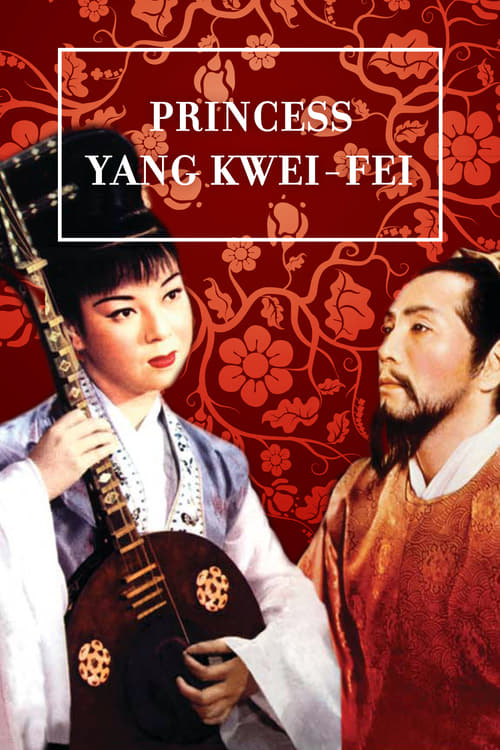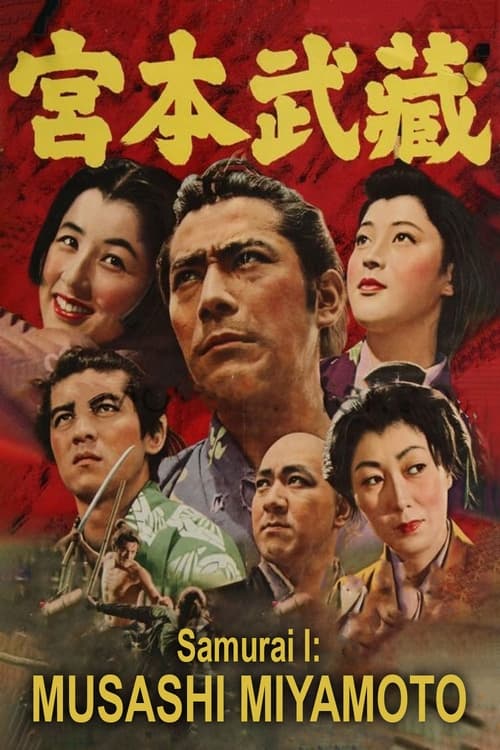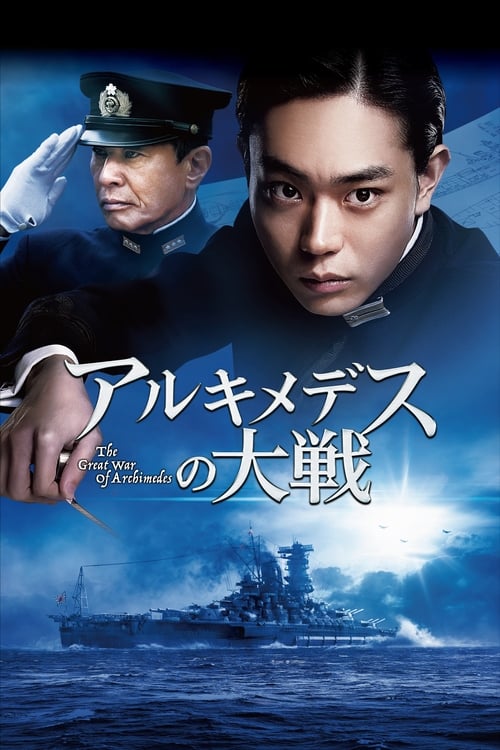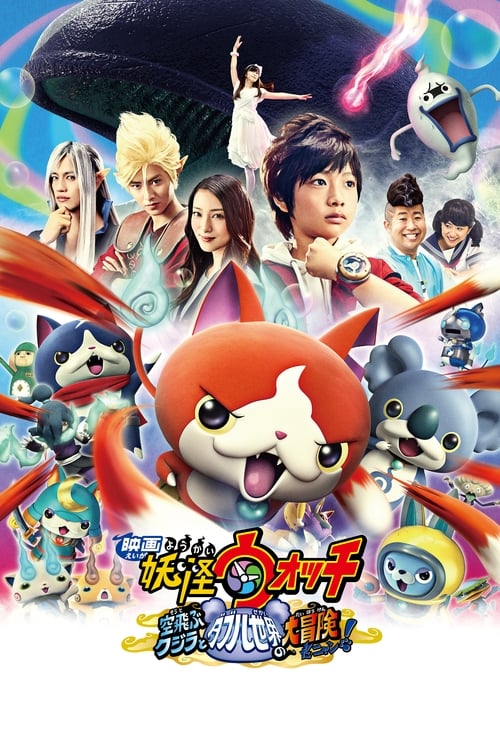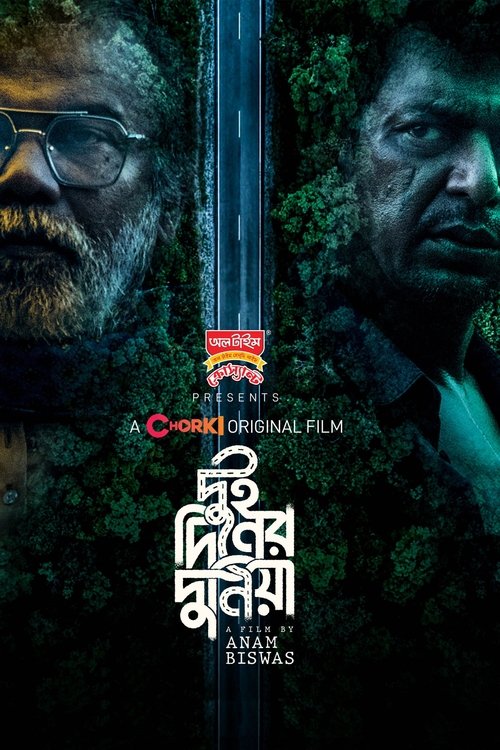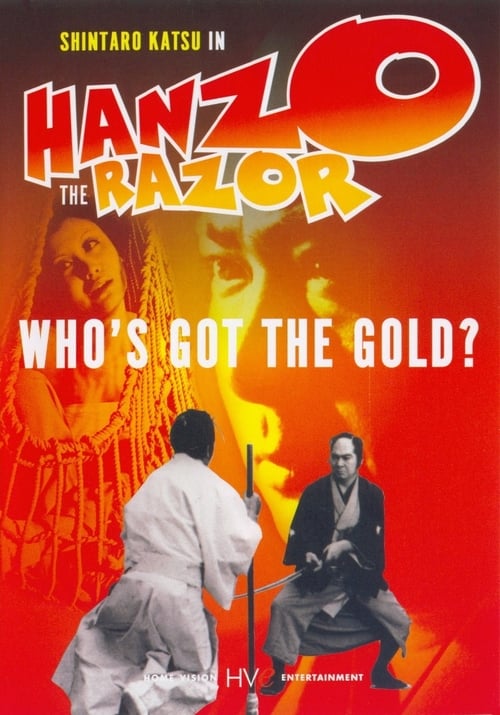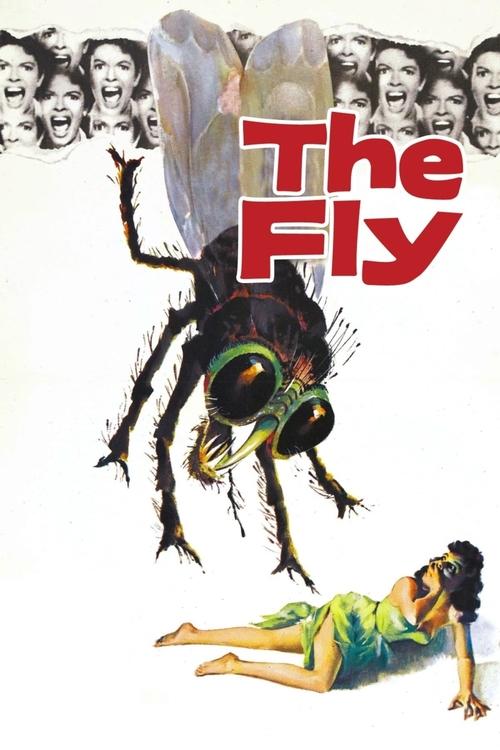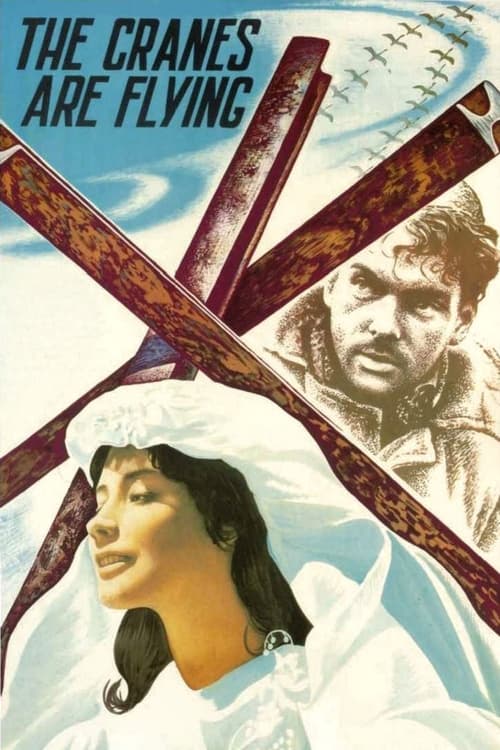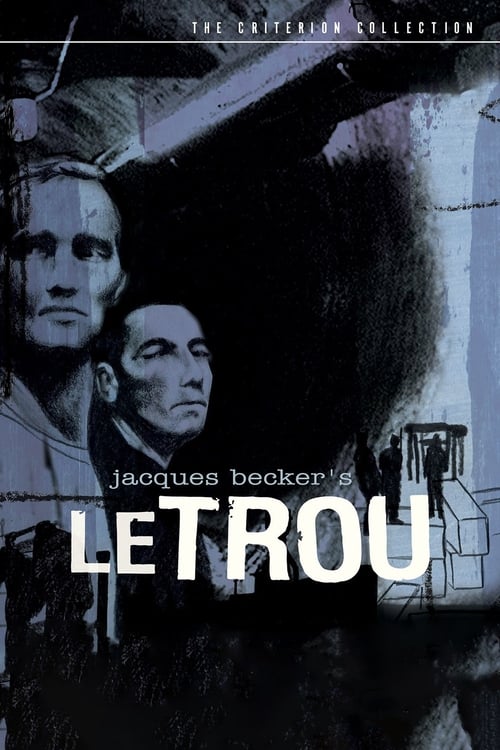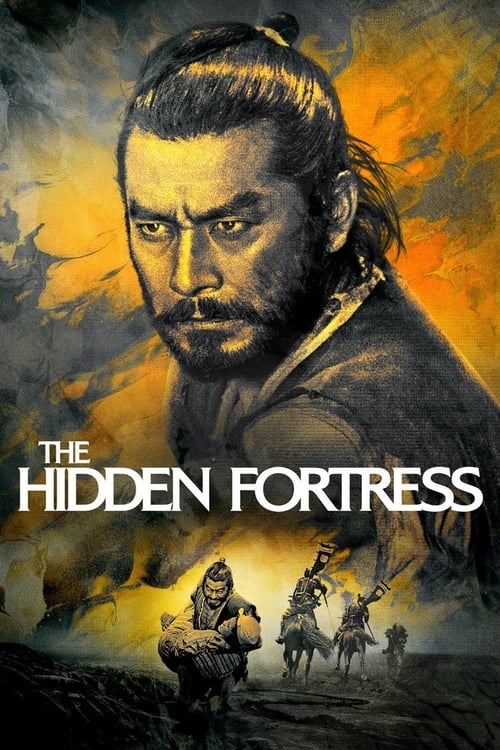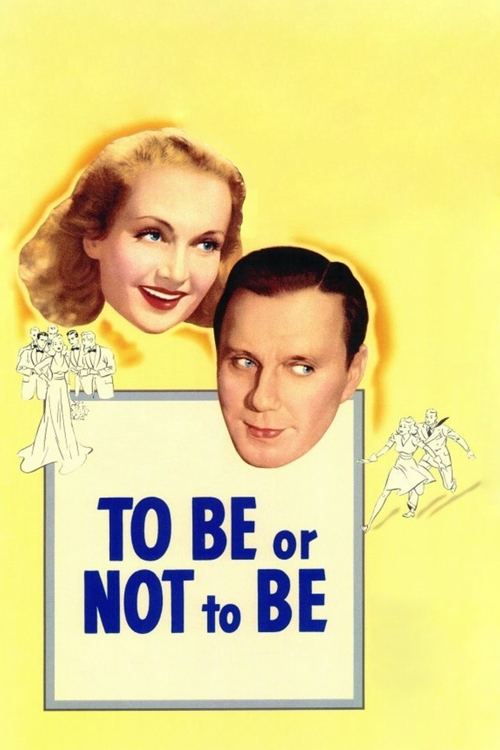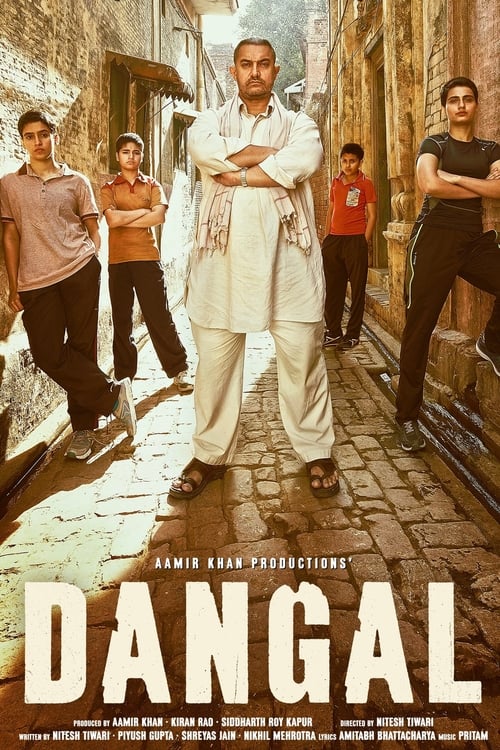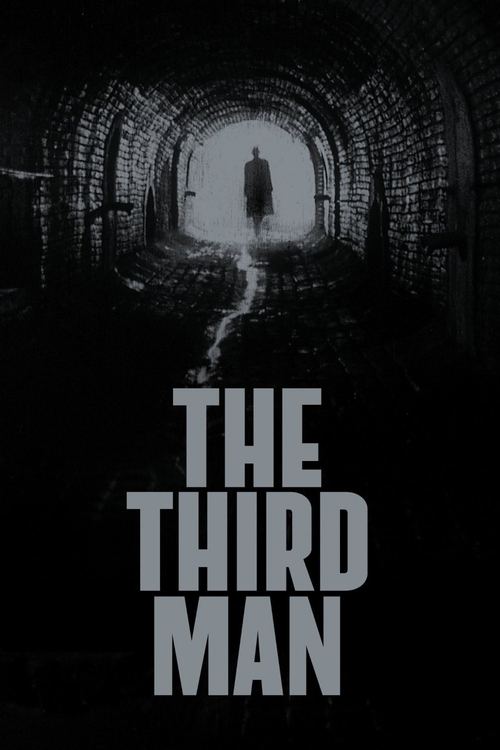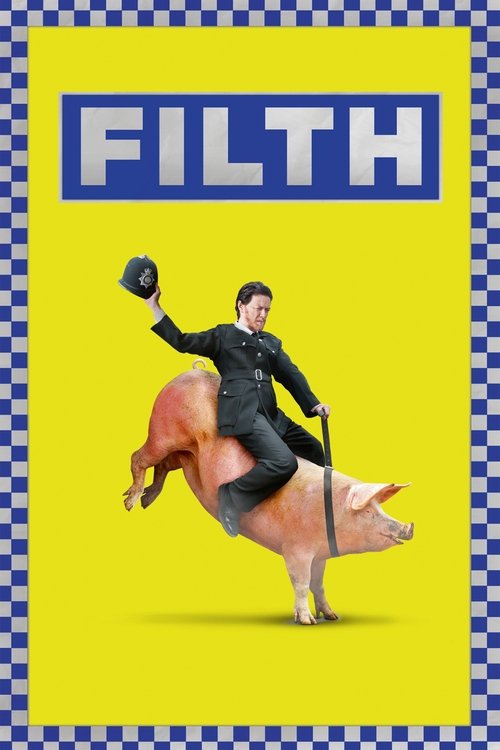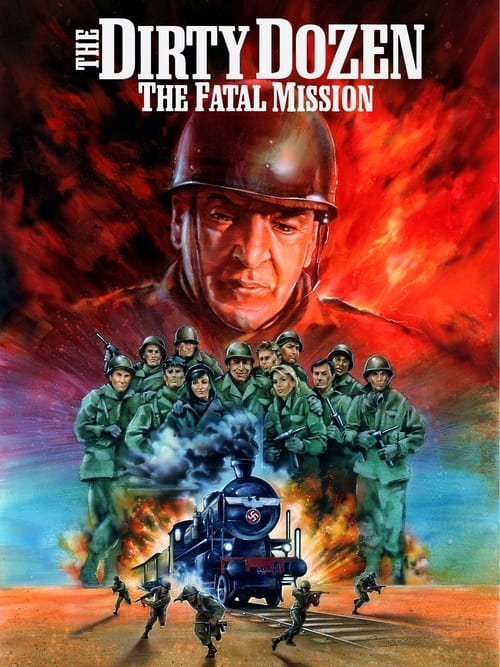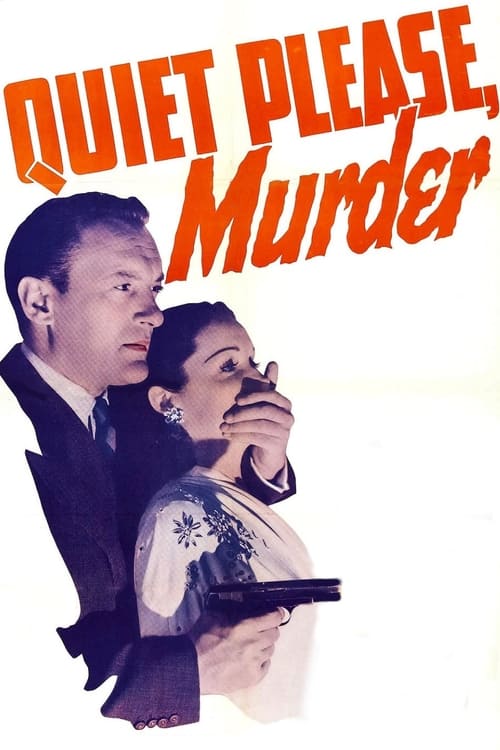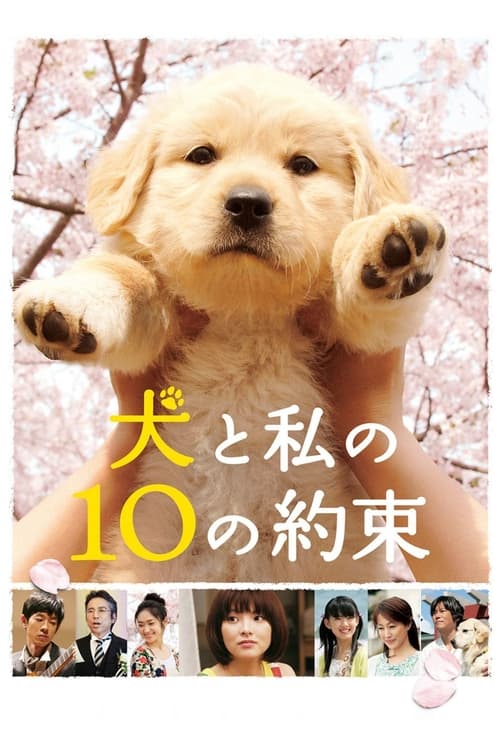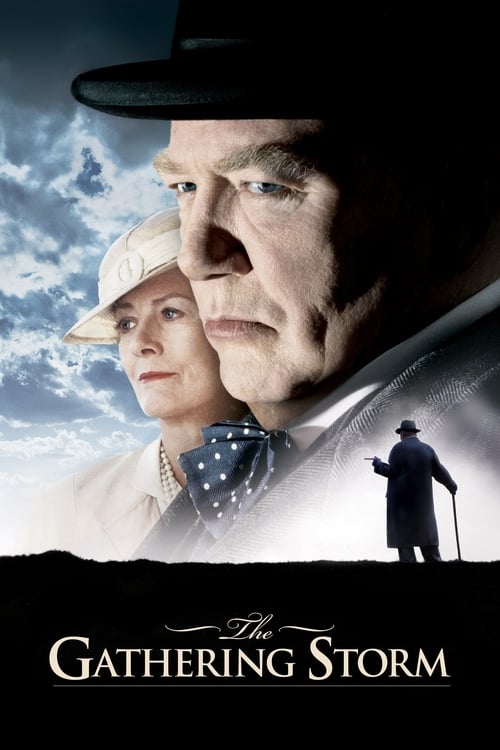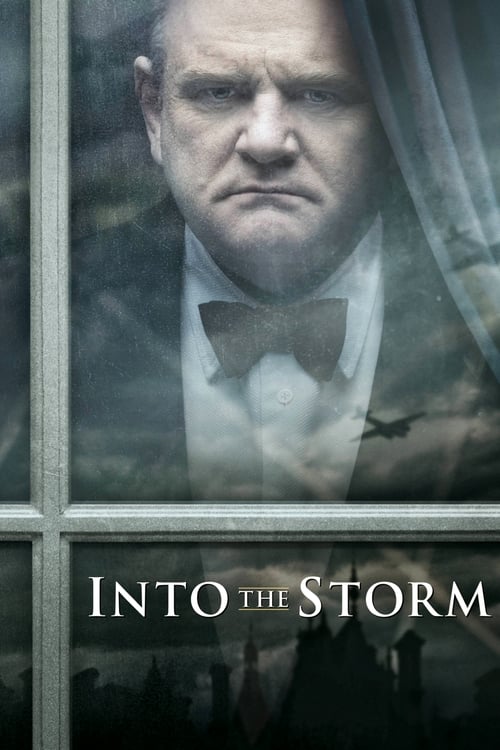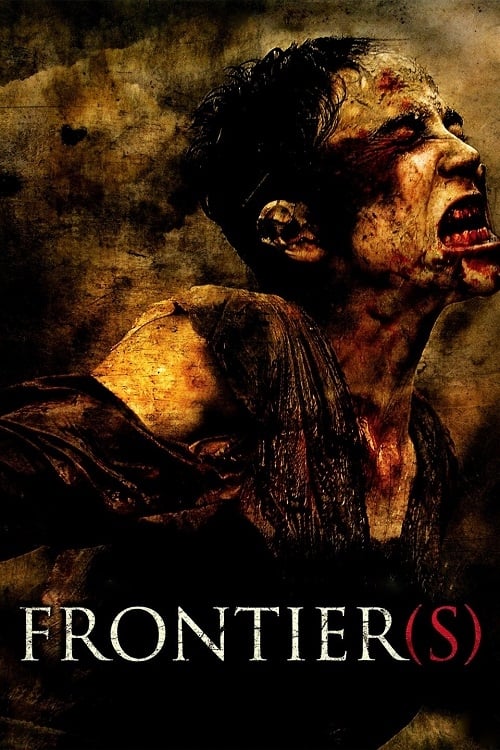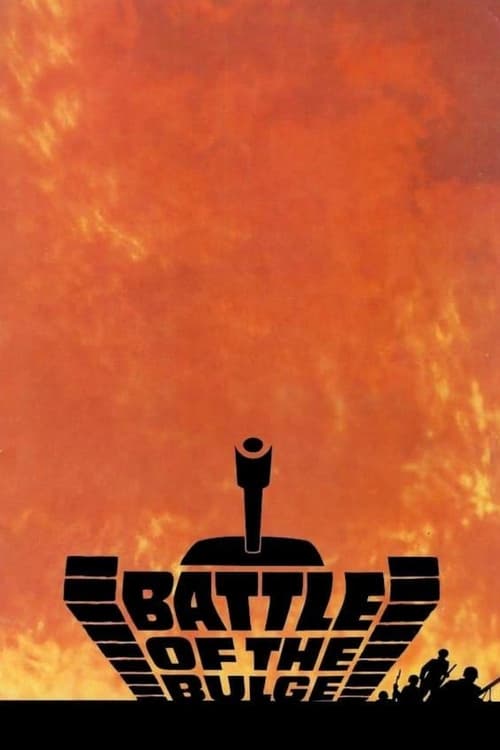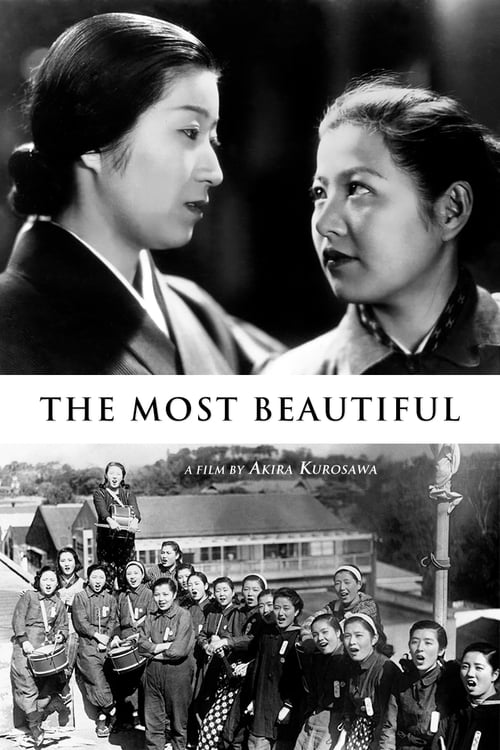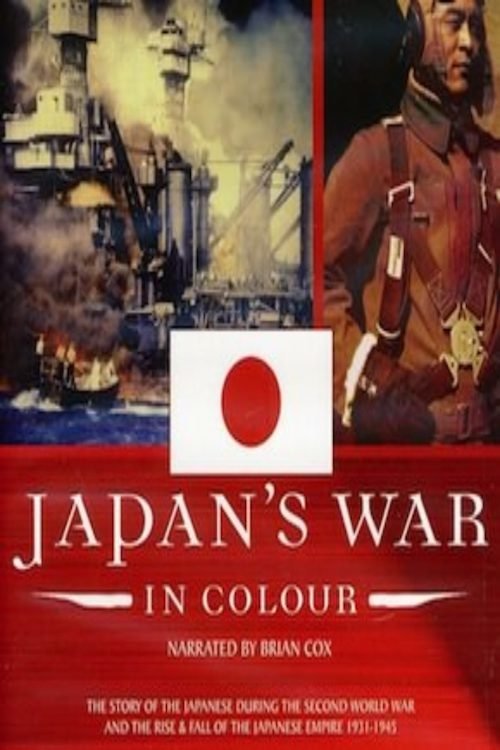The Human Condition I: No Greater Love
The Human Condition Vol. I, The human condition: The greater love, The human condition I, Barfuß durch die Hölle, La condición humana, Vol. I, La condición humana: No hay amor más grande, Guerra e Humanidade, Paljain jaloin läpi helvetin, La Condition de l'homme : Il n'y a pas de plus grand amour, Agapi mesa stin Kolasi, La condizione umana - Parte I - Nessun amore è più grande, Czlowieczy los I, A Condição Humana - 1ª parte, Ningen no jôken I, Guerra e Humanidade: Não há Amor Maior, 인간의 조건 1, Dola człowiecza I - Nie ma większej miłości, 人间的条件(第一、二部)
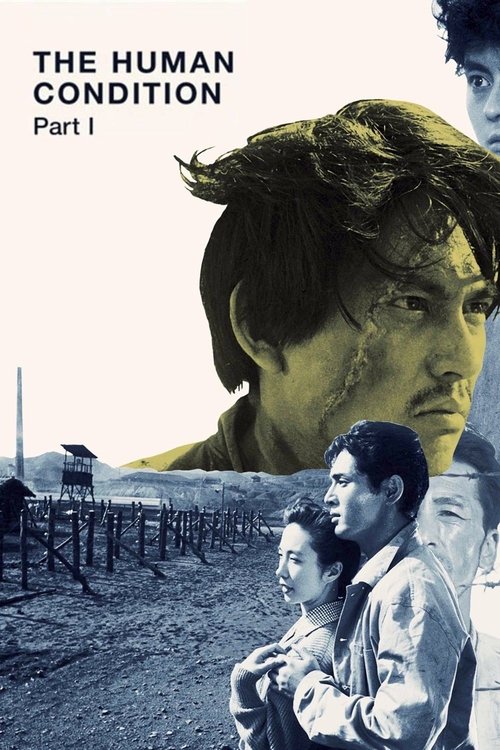
Original title: 人間の條件 第1部純愛篇/第2部激怒篇
Original language: jaIMDB: tt0053114
TMDB: 31217
Release date: Thursday, 15th January 1959
Adult: No
Duration: 3h 26min
Popularity: 14.801
Rate: 8.055 / 235 votes
Overview: After handing in a report on the treatment of Chinese colonial labor, Kaji is offered the post of labor chief at a large mining operation in Manchuria, which also grants him exemption from military service. He accepts, and moves to Manchuria with his newly-wed wife Michiko, but when he tries to put his ideas of more humane treatment into practice, he finds himself at odds with scheming officials, cruel foremen, and the military police.
Popularity: 14.801
Rate: 8.055 / 235 votes
Overview: After handing in a report on the treatment of Chinese colonial labor, Kaji is offered the post of labor chief at a large mining operation in Manchuria, which also grants him exemption from military service. He accepts, and moves to Manchuria with his newly-wed wife Michiko, but when he tries to put his ideas of more humane treatment into practice, he finds himself at odds with scheming officials, cruel foremen, and the military police.
Belongs to collection: The Human Condition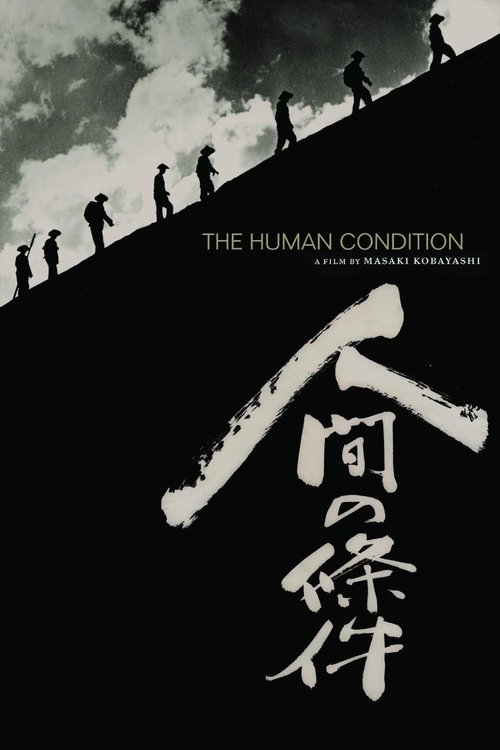 Overview: The Human Condition is a Japanese film epic released as a trilogy between 1959 and 1961. The trilogy follows the life of Kaji, a Japanese pacifist and socialist, as he tries to survive in the totalitarian and oppressive world of World War II-era Japan. Taken altogether as a single film, it is 9 hours and 47 minutes long, which includes intermissions, making it one of the longest narrative films ever made. While the films earned considerable controversy at the time of their release in Japan, The Human Condition was critically acclaimed, won many international awards, and has since established Masaki Kobayashi as one of the most important Japanese directors of his generation.
Overview: The Human Condition is a Japanese film epic released as a trilogy between 1959 and 1961. The trilogy follows the life of Kaji, a Japanese pacifist and socialist, as he tries to survive in the totalitarian and oppressive world of World War II-era Japan. Taken altogether as a single film, it is 9 hours and 47 minutes long, which includes intermissions, making it one of the longest narrative films ever made. While the films earned considerable controversy at the time of their release in Japan, The Human Condition was critically acclaimed, won many international awards, and has since established Masaki Kobayashi as one of the most important Japanese directors of his generation.

Directors
Masaki Kobayashi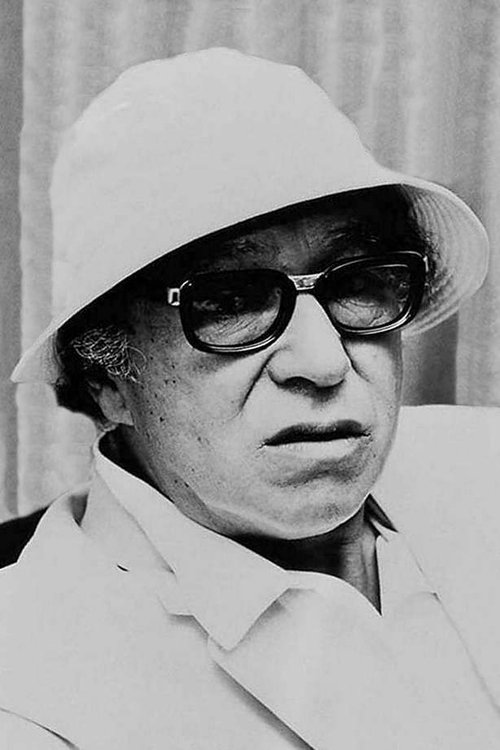 (Director)
(Director)
 (Director)
(Director)Writers
Cast
Tatsuya Nakadai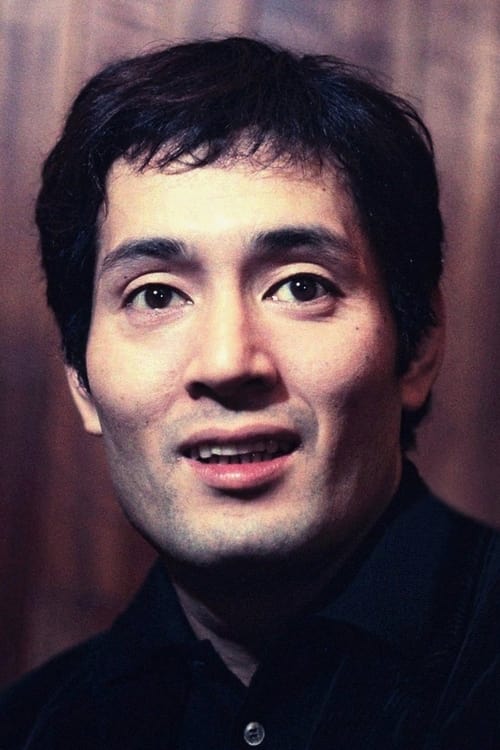 (Kaji)
(Kaji)
 (Kaji)
(Kaji)Michiyo Aratama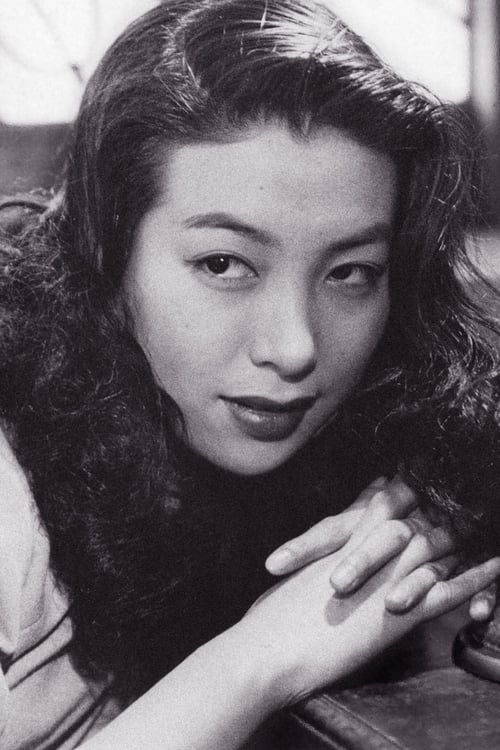 (Michiko)
(Michiko)
 (Michiko)
(Michiko)Chikage Awashima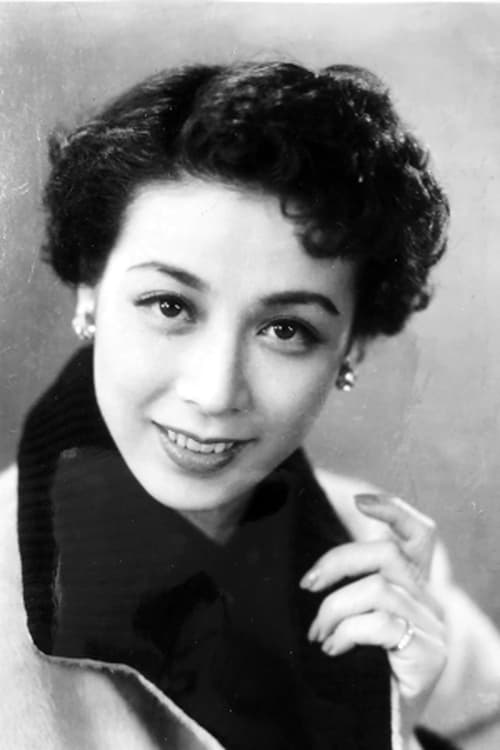 (Tôfuku Kin)
(Tôfuku Kin)
 (Tôfuku Kin)
(Tôfuku Kin)Ineko Arima (Shunran Yô)
(Shunran Yô)
 (Shunran Yô)
(Shunran Yô)Sō Yamamura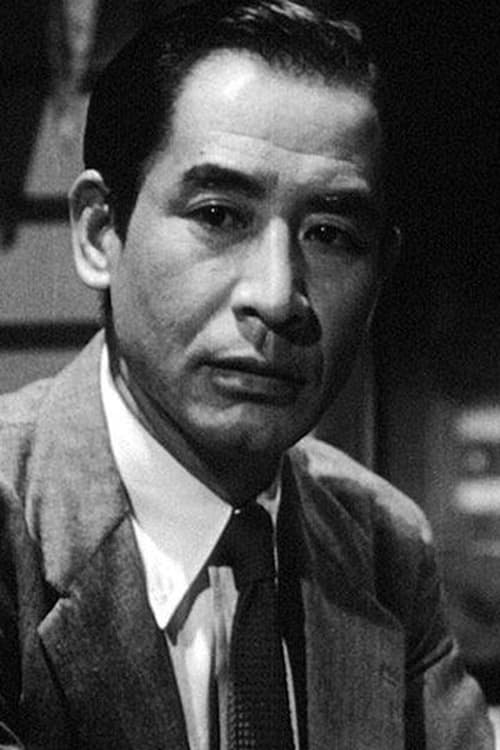 (Okishima)
(Okishima)
 (Okishima)
(Okishima)Akira Ishihama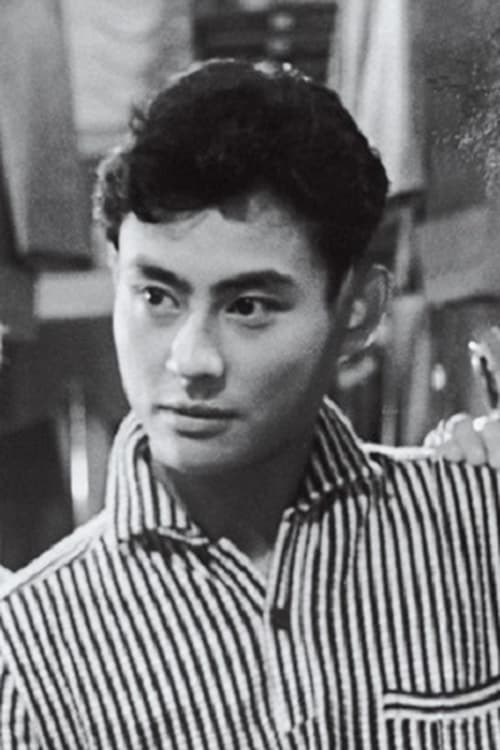 (Chin)
(Chin)
 (Chin)
(Chin)Kôji Nanbara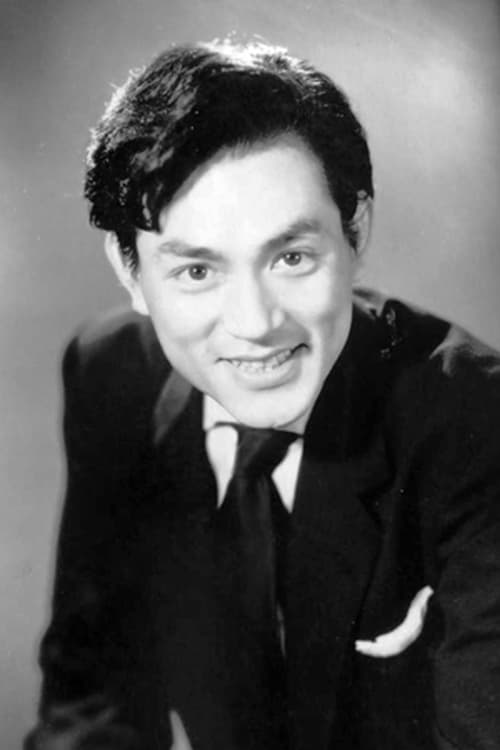 (Kô)
(Kô)
 (Kô)
(Kô)Seiji Miyaguchi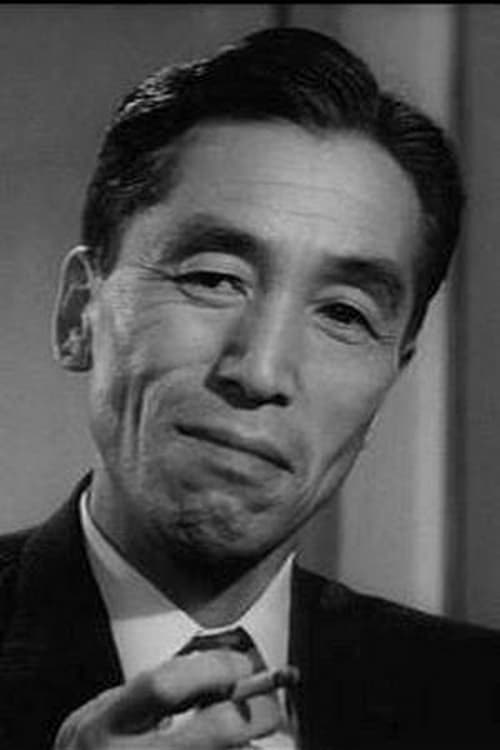 (Kyôritsu Ô)
(Kyôritsu Ô)
 (Kyôritsu Ô)
(Kyôritsu Ô)Tōru Abe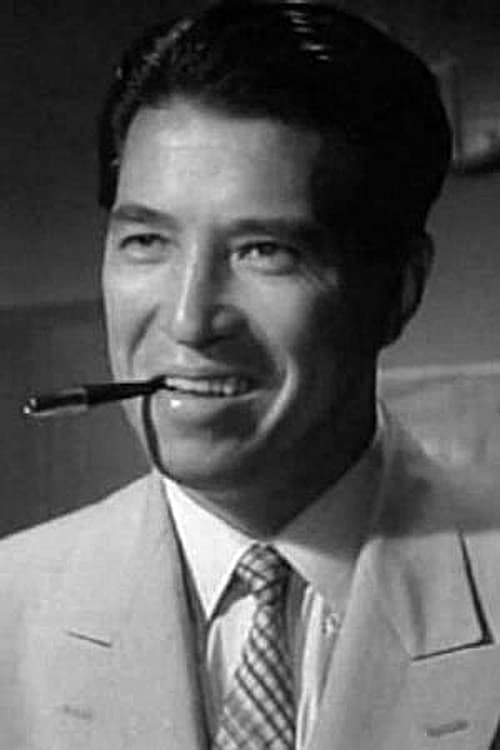 (Watarai Gunsô)
(Watarai Gunsô)
 (Watarai Gunsô)
(Watarai Gunsô)Masao Mishima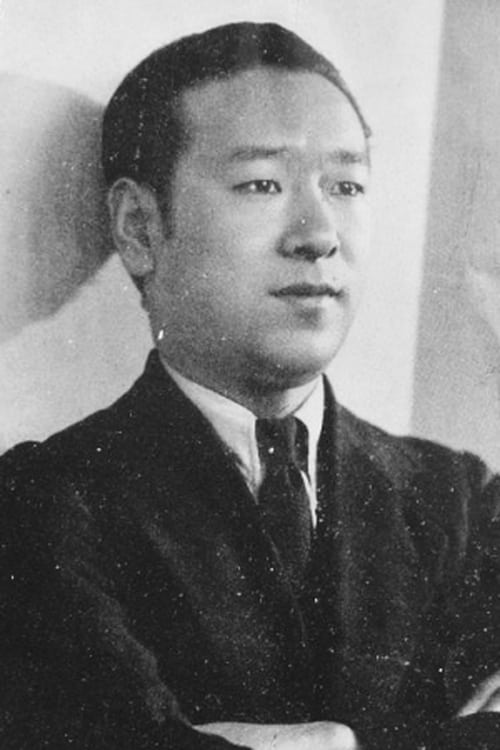 (Kuroki Shochô)
(Kuroki Shochô)
 (Kuroki Shochô)
(Kuroki Shochô)Eitarō Ozawa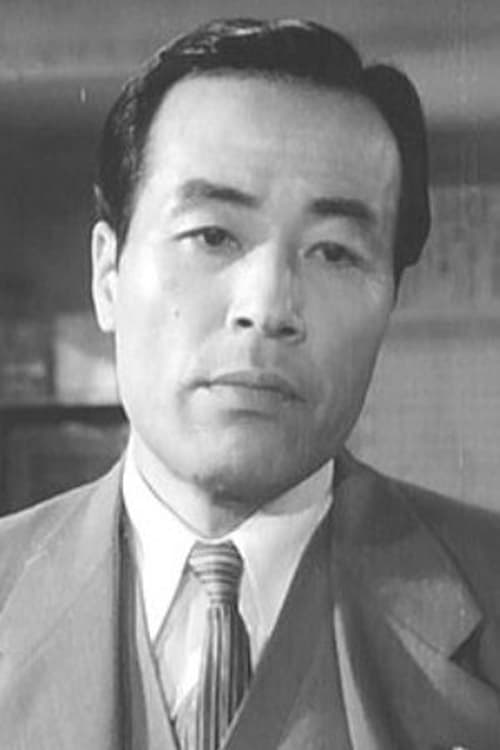 (Okazaki)
(Okazaki)
 (Okazaki)
(Okazaki)Kōji Mitsui (Furuya)
(Furuya)
 (Furuya)
(Furuya)Akitake Kōno (Kôno Taii)
(Kôno Taii)
 (Kôno Taii)
(Kôno Taii)Nobuo Nakamura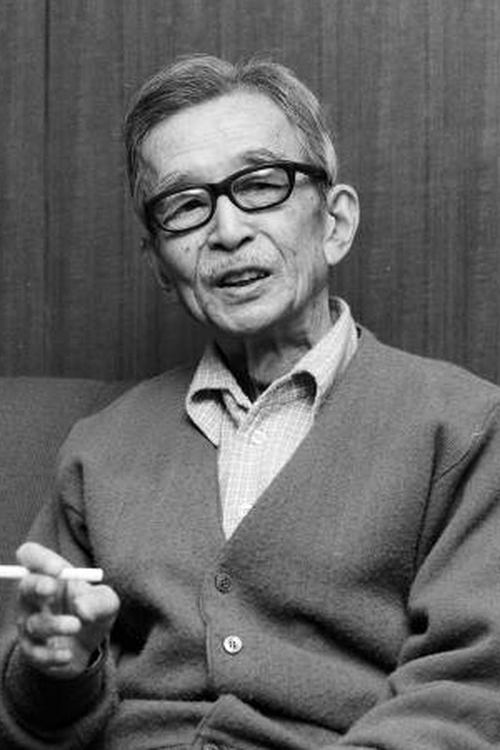 (Honsha Buchô)
(Honsha Buchô)
 (Honsha Buchô)
(Honsha Buchô)Kyū Sazanka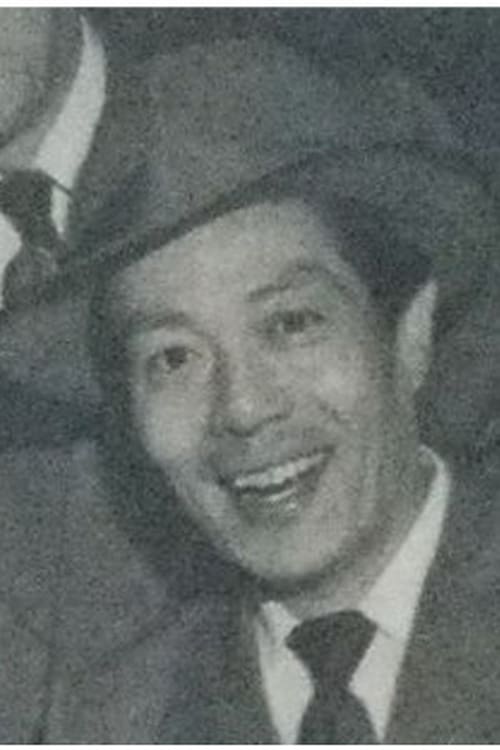 (Meisan Chô)
(Meisan Chô)
 (Meisan Chô)
(Meisan Chô)Shinsuke Ashida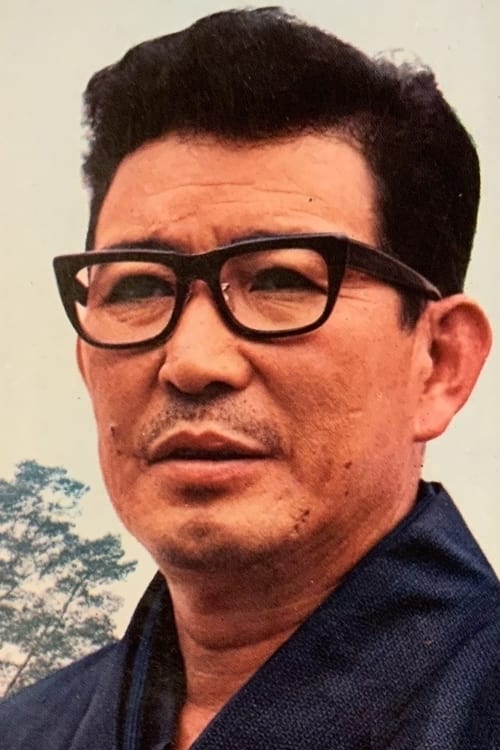 ((uncredited))
((uncredited))
 ((uncredited))
((uncredited))Keiji Sada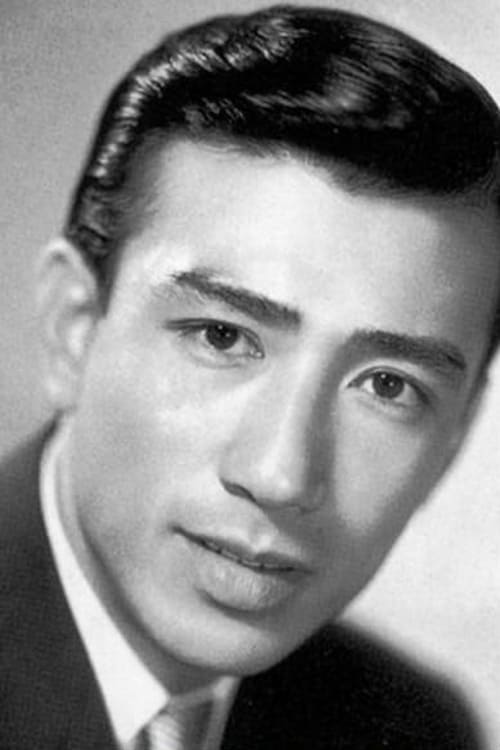 (Kageyama)
(Kageyama)
 (Kageyama)
(Kageyama)Yasushi Nagata ((uncredited))
((uncredited))
 ((uncredited))
((uncredited))Yoshio Kosugi ((uncredited))
((uncredited))
 ((uncredited))
((uncredited))Toshiko Kobayashi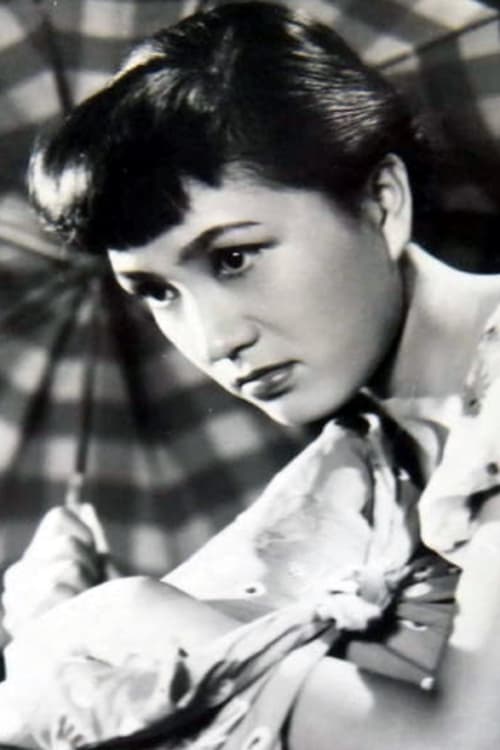 ((uncredited))
((uncredited))
 ((uncredited))
((uncredited))Akira Tani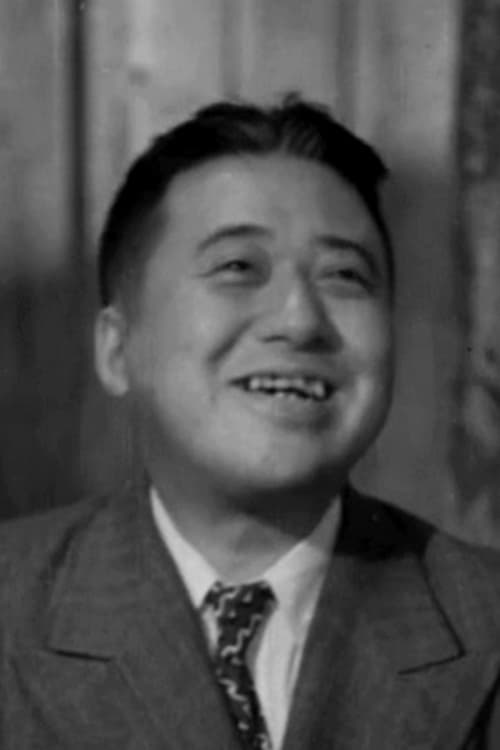 ((uncredited))
((uncredited))
 ((uncredited))
((uncredited))Junji Masuda ((uncredited))
((uncredited))
 ((uncredited))
((uncredited))Torahiko Hamada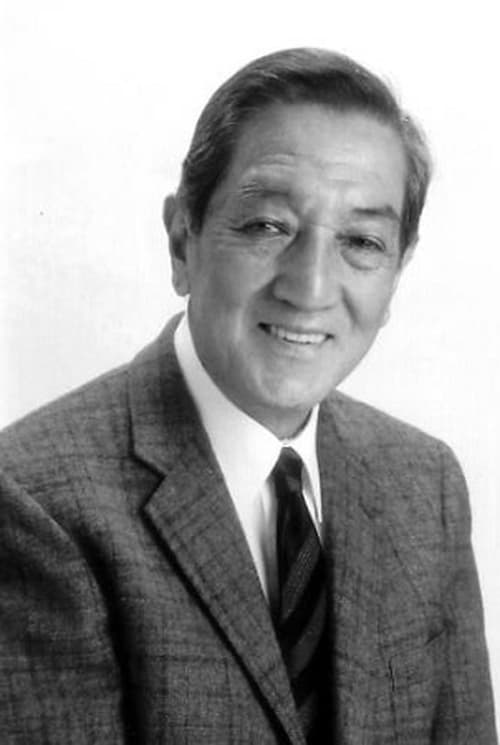 ((uncredited))
((uncredited))
 ((uncredited))
((uncredited))Teruko Kishi ((uncredited))
((uncredited))
 ((uncredited))
((uncredited))Takamaru Sasaki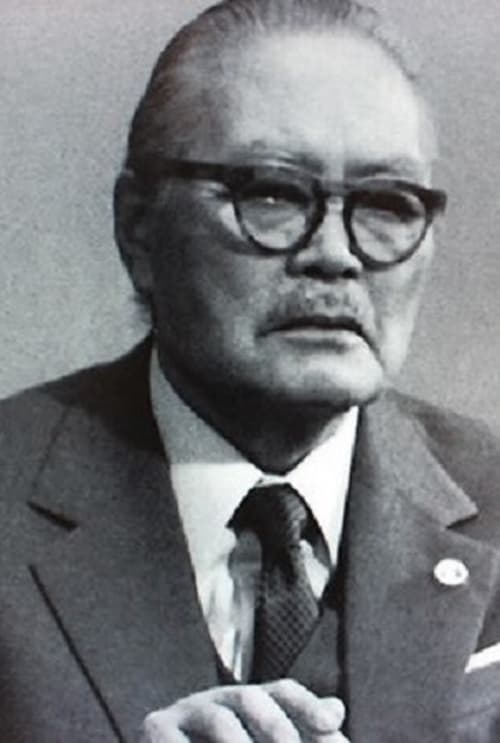 ((uncredited))
((uncredited))
 ((uncredited))
((uncredited))Akio Isono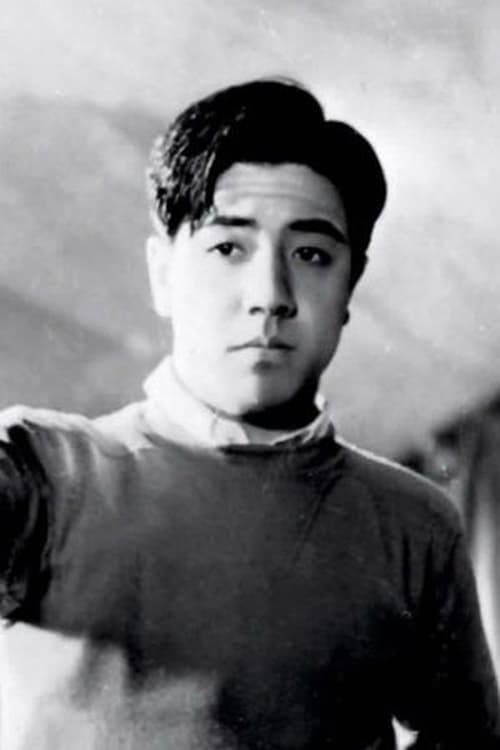 ((uncredited))
((uncredited))
 ((uncredited))
((uncredited))Jun Ōtomo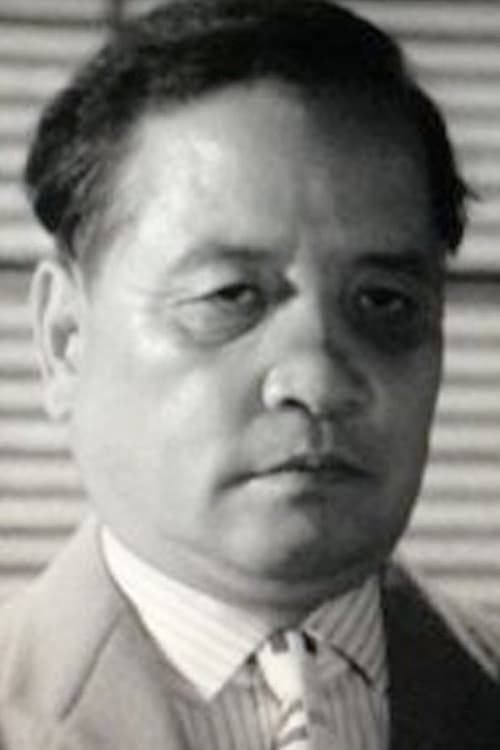 ((uncredited))
((uncredited))
 ((uncredited))
((uncredited))Junkichi Orimoto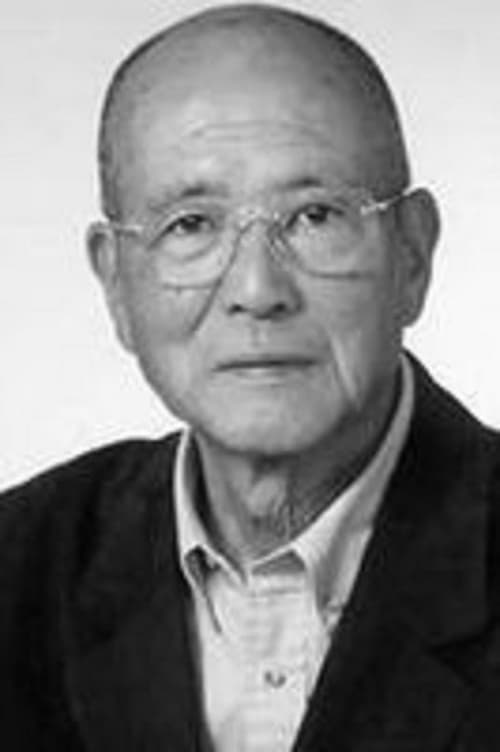 ((uncredited))
((uncredited))
 ((uncredited))
((uncredited))Zenichi Inagawa ((uncredited))
((uncredited))
 ((uncredited))
((uncredited))Shinichirō Minami ((uncredited))
((uncredited))
 ((uncredited))
((uncredited))Tokuko Sugiyama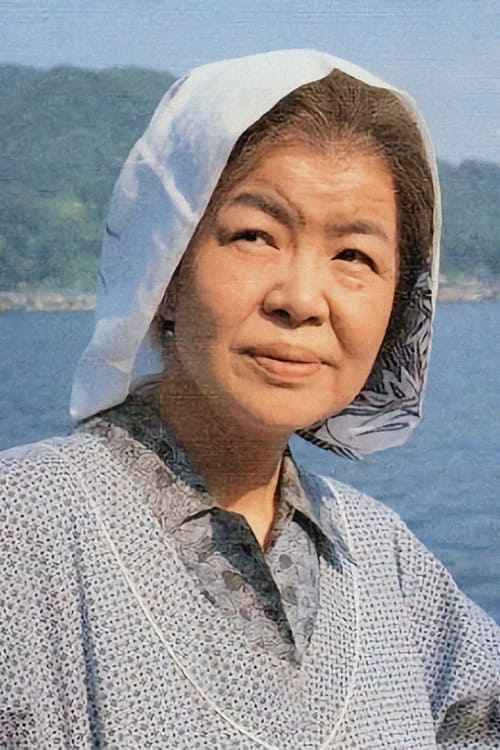 ((uncredited))
((uncredited))
 ((uncredited))
((uncredited))Sue Mitobe ((uncredited))
((uncredited))
 ((uncredited))
((uncredited))Nobuo Takagi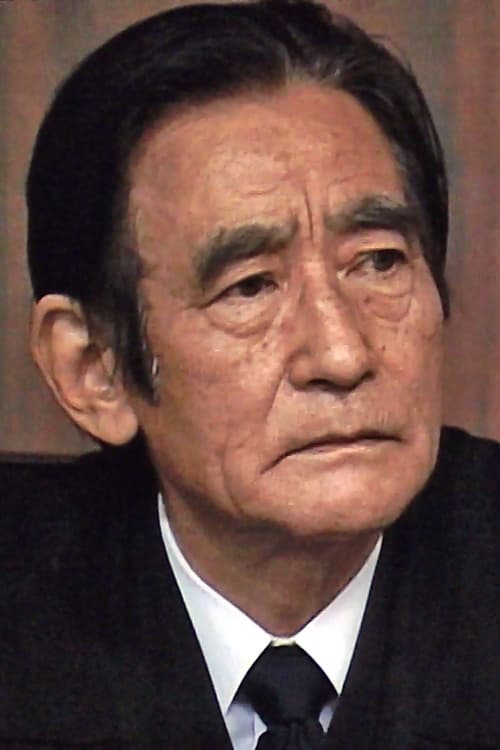 ((uncredited))
((uncredited))
 ((uncredited))
((uncredited))Masami Maehata ((uncredited))
((uncredited))
 ((uncredited))
((uncredited))Keiji Tsuchida ((uncredited))
((uncredited))
 ((uncredited))
((uncredited))Isao Suenaga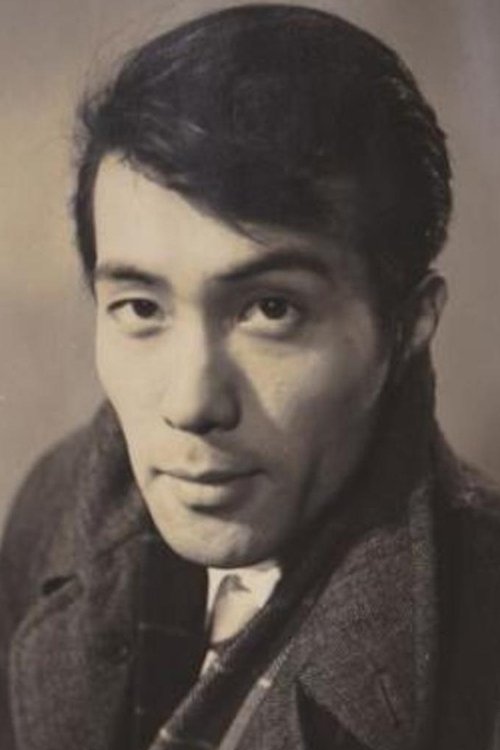 ((uncredited))
((uncredited))
 ((uncredited))
((uncredited))Jun Tanizaki ((uncredited))
((uncredited))
 ((uncredited))
((uncredited))Hisashi Taki ((uncredited))
((uncredited))
 ((uncredited))
((uncredited))Haruko Chichibu ((uncredited))
((uncredited))
 ((uncredited))
((uncredited))Tsuneko Sasaki ((uncredited))
((uncredited))
 ((uncredited))
((uncredited))Kanji Ōsugi ((uncredited))
((uncredited))
 ((uncredited))
((uncredited))Videos
Movie
Recommendations
Similar movies
